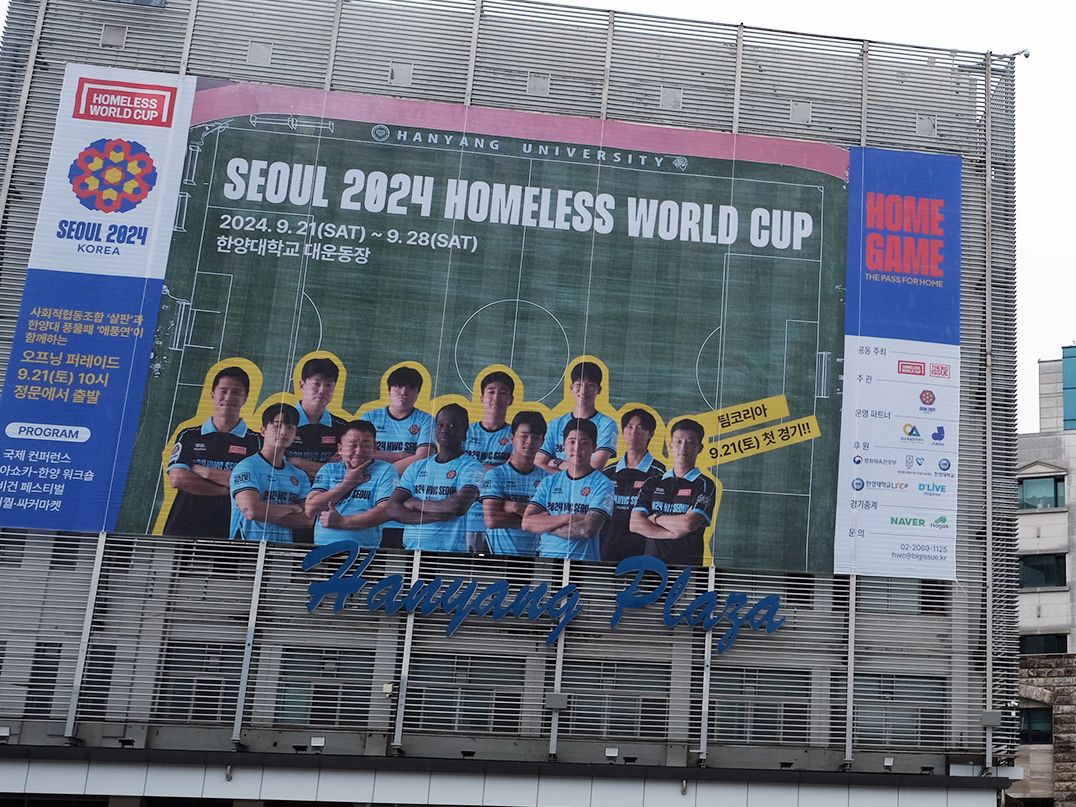The 2024 Homeless World Cup has kicked off in Seoul, marking the first time the event has been held in Asia. This annual event, which has been running since 2003, aims to use football as a tool to change the lives of homeless individuals and challenge societal perceptions of homelessness. This year’s tournament features 52 teams from 38 countries and is being held at Seoul’s Hanyang University.
In August, FIFA signed an agreement to partner with the Homeless World Cup Foundation to organize the event. FIFA President Gianni Infantino expressed excitement about the partnership, highlighting the positive impact football can have. As part of the agreement, FIFA is providing medals and trophies for the tournament and will be broadcasting the event on its streaming platform FIFA+.
Local organizers, including The Big Issue Korea, are using the event to raise awareness about housing rights in Seoul. The goal is to broaden policies related to homelessness in South Korea and address the lack of mandatory support measures. The South Korean team is a diverse group of players, including individuals with disabilities, asylum seekers, and teenagers living in shelters. The event is open to the public free of charge and will run until September 28th.
The Homeless World Cup Foundation aims to empower homeless individuals through football, providing them with an opportunity to build their self-esteem and skills. The tournament also helps to showcase the talents and resilience of homeless individuals, challenging stereotypes and negative perceptions. By partnering with FIFA and hosting the event in Seoul, the organizers hope to increase awareness about homelessness and housing rights in South Korea.
The event in Seoul is significant as it highlights the global nature of homelessness and the importance of addressing this issue on an international scale. By bringing together teams from around the world, the tournament promotes unity, understanding, and empathy among participants and spectators. The diverse backgrounds of the South Korean team demonstrate the inclusive nature of the event, showing that football can bring people from different walks of life together.
As the tournament progresses, the focus will be on not just the games themselves, but also on the stories and experiences of the players. By sharing these personal narratives, the event aims to humanize homelessness and encourage greater support and action to address the root causes of this issue. Through the power of football and the solidarity of the global community, the 2024 Homeless World Cup in Seoul is poised to make a meaningful impact and pave the way for positive change in the fight against homelessness.











